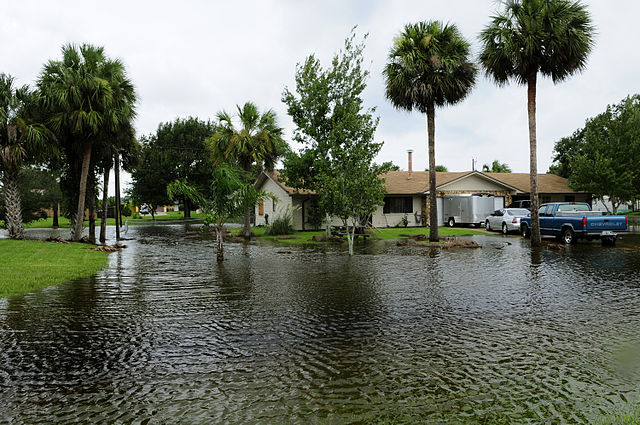A new study of coastal residents in flood-prone areas of Florida has shown that people who had seen maps designating that where they live are areas threatened by rising sea levels are less likely to believe that climate change was taking place than those who had not seen the maps. They also did not think that these designations would affect the long-term value of their homes. This is a problem for people who are trying to communicate the risks of climate change to residents in risk-prone areas, since even solid evidence that they are threatened is not enough to change their minds. Their conclusion is that “It is important to emphasize that targeted information about climate change may lead to unintended effects. While accurate and easily absorbed information is important, it will take a much more nuanced approach to change the way people understand information. As advertisers well know, it takes more than facts to sell any product.”
